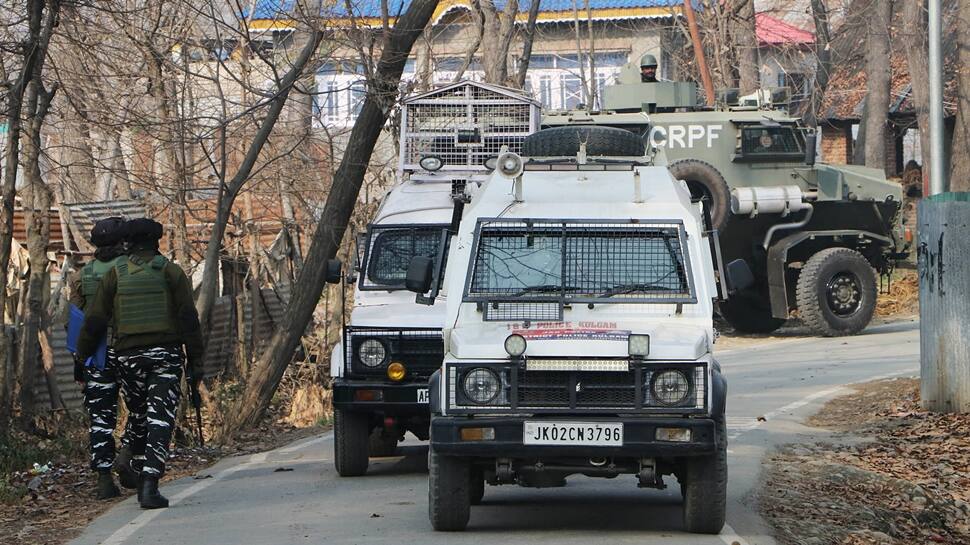The strategic shift of terror incidents and targeted killings from Kashmir to Jammu has raised serious concerns, with 50 soldiers losing their lives in the Jammu region over the past 32 months. The surge in terror attacks and targeted killings in Jammu since 2021, following the abrogation of Article 370, has led to a grim escalation in violence, destabilizing the region.
The recent attack on an army vehicle in Doda has brought the death toll of armed forces in Jammu to 11 this year, following a gunfight that claimed the lives of four Army personnel, including a captain. This attack occurred just a week after another deadly assault on the army in Kathua, where five soldiers were killed. These incidents have heightened concerns within India’s security establishment.
The resurgence of terrorism in Jammu involves different operational tactics than those seen in the past, prompting security agencies to reassess their counter-terror strategies. Intelligence sources suggest that the increase in terrorism in Jammu is part of a larger tactical plan by terrorist groups and their backers across the Line of Control (LoC) in Pakistan-occupied Kashmir.
Several factors have contributed to this shift, including the successful blocking of major terrorist infiltration routes in the Kashmir Valley and the dismantling of local terrorist recruitment networks post the abrogation of Article 370. This has forced terrorist groups and their backers to shift their focus towards the Jammu region.
The Jammu region offers advantages for terrorists, such as year-round opportunities for infiltration and less visibility of security forces along the LoC due to troop redeployments following the Indo-China conflict near the Line of Actual Control. The presence of mountains also provides hiding spots for terrorists after launching attacks on armed forces, and terrorists have established an Over Ground Worker (OGW) support network in the region.
Given these evolving dynamics, a fresh counterterrorism approach is imperative for the Jammu region. The successful strategies employed in Kashmir may not be effective here, warranting a new, technology-driven approach to address the escalating threat posed by terrorism. As the region grapples with mounting security challenges, greater accountability and a comprehensive strategy are being demanded from all sides.
In the challenging terrain of Jammu, with its towering mountains, vast plains, and dense forests, military operations against terrorist groups present significant hurdles. The Indian Army, Jammu and Kashmir Police, and other security forces are collaborating on strategies to combat the resurgence of terrorism in the region.

